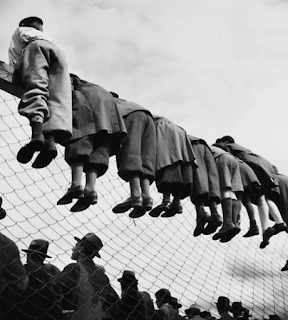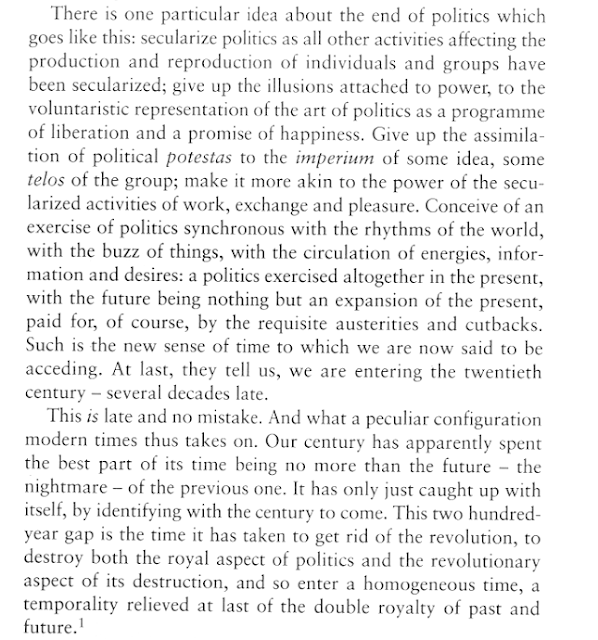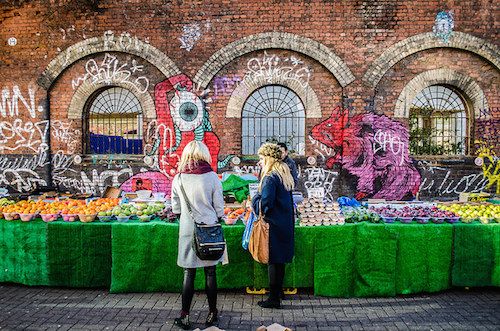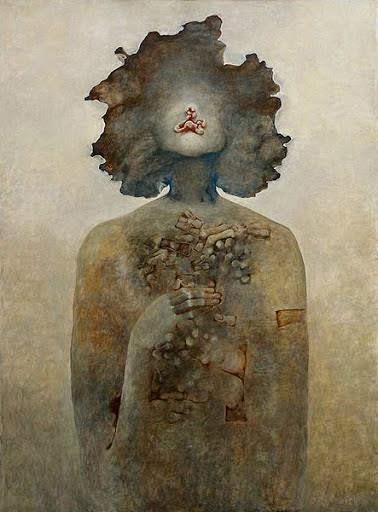The Philosopher Who Would Not Be King

At the entrance to the university there was an inscription dedicating the campus to the memory of Leland Stanford, Jr., “born to mortality . . . passed to immortality,” a mother’s undying love metamorphosed into an institution of timber beam, plaster walls, reinforced concrete, and carved stone. So we convert our tragedies into objects that will withstand corrosive rain, seismic upheavals, and time. We place memorial urns in the cloisters, a chapel at the heart of it all, columns and commemorative plaques that lift our eyes from the ground. Even our intellectual labor aspires to the condition of permanence and transcendence, though our lives are transitory in comparison, our miseries commonplace, our labors unavailing. I felt a strong desire to testify to the struggle of those who lacked the means to pretend that life was otherwise. In about an hour I would present a paper about the life of a Kuranko woman for whom this place might well appear to be paradise, but ...










